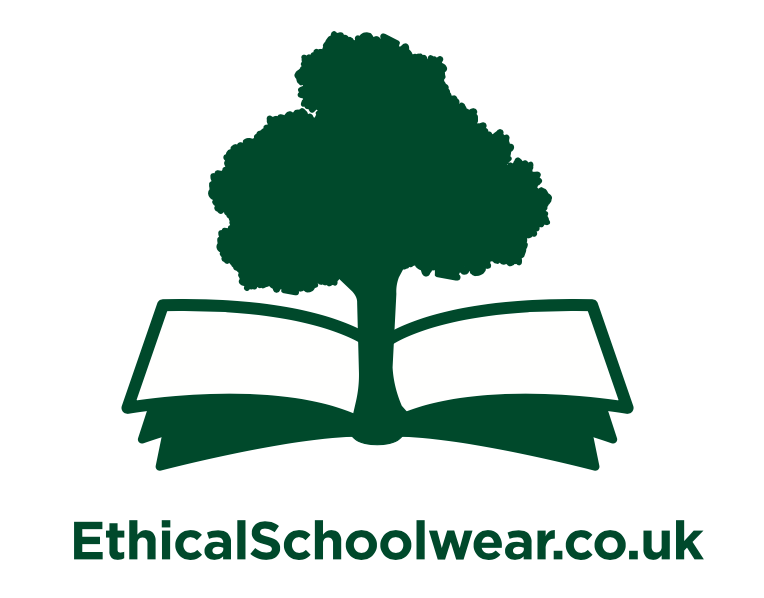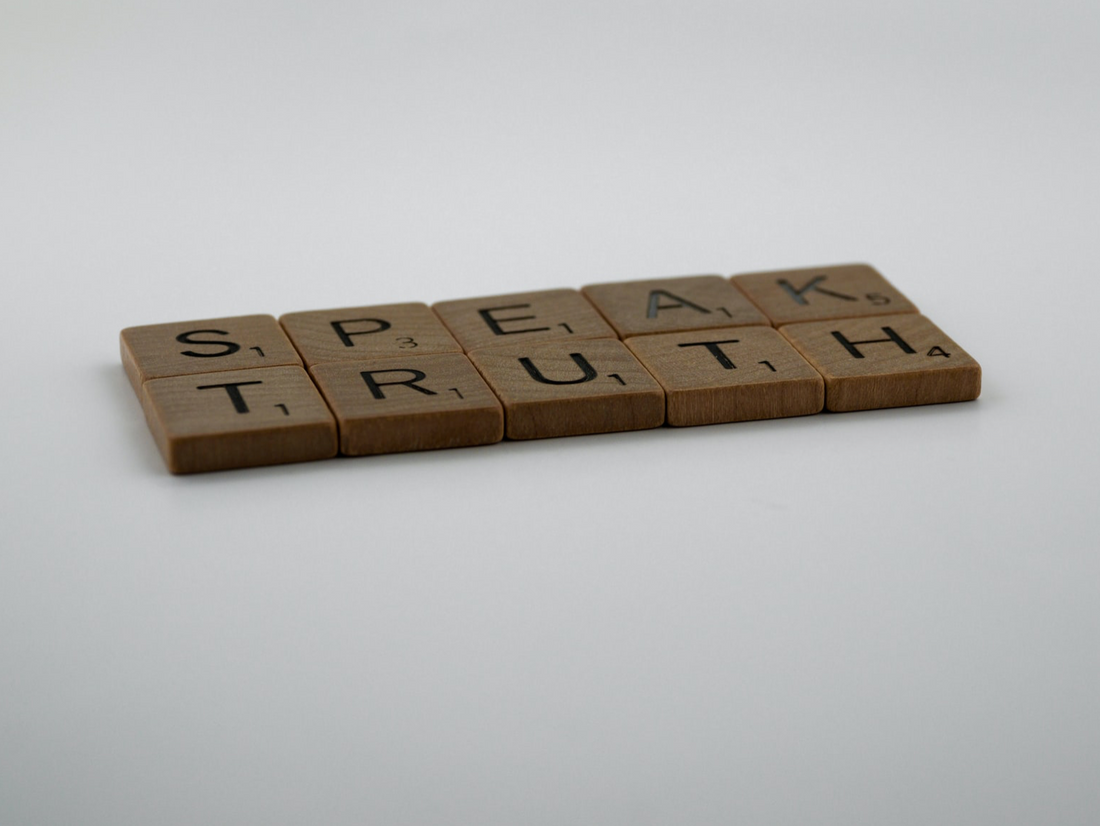I want to talk about a serious topic in the clothing industry - greenwashing. You may have heard of it before, but if not, it's basically when companies make misleading claims about the environmental benefits of their products to appear more eco-friendly than they actually are. It's like a wolf in sheep's clothing. So, let's dive in and find out what to look out for and what questions to ask to avoid falling victim to greenwashing.
What greenwashing looks like in the clothing industry
You might have seen slogans like "sustainably sourced" or "eco-friendly clothing" plastered all over the place, but these claims can be pretty vague and don't always tell the full story. For example, a company might promote their use of organic cotton, but fail to mention that they still rely on cheap labour or that they use toxic dyes in their production process.
How to figure out what's green and what's greenwash
Here are some questions you can ask to get a better sense of a clothing company's sustainability practices, and the questions that led me to set up Ethical Schoolwear. Even the best companies are on a journey to full sustainability but if they mean what they say, they'll have good answers to these questions:
-
Where are the clothes made? Do you have any externally audited certifications for fair labour practices or sustainable manufacturing such as B Corporation, Planet Mark, Ethical Trading Initiative and Better Cotton Initiative?
-
What materials are used in your clothing? Are they biodegradable, contain recycled material, or made from sustainable sources?
-
What is your packaging like? Is it recycled/recyclable or made from eco-friendly materials?
-
Can you provide any information about the carbon footprint of your production process? What are you doing to reduce the footprint year-on-year?
-
Do you have any programmes or initiatives in place to reduce waste or promote sustainability?
Greenwashing is a problem in the clothing industry that shouldn't be ignored. But with a little bit of research and some savvy questioning, we can all do our part to ensure we're supporting truly sustainable brands. So, next time you're shopping, keep these questions in mind, and don't be afraid to call out companies on their greenwashing nonsense.
It's easy to claim true sustainability but much harder to achieve certification by tough third party standards. If the brand really is sustainable, these accreditations show you that the claims are more than just greenwash.
Image credit: Brett Jordan

